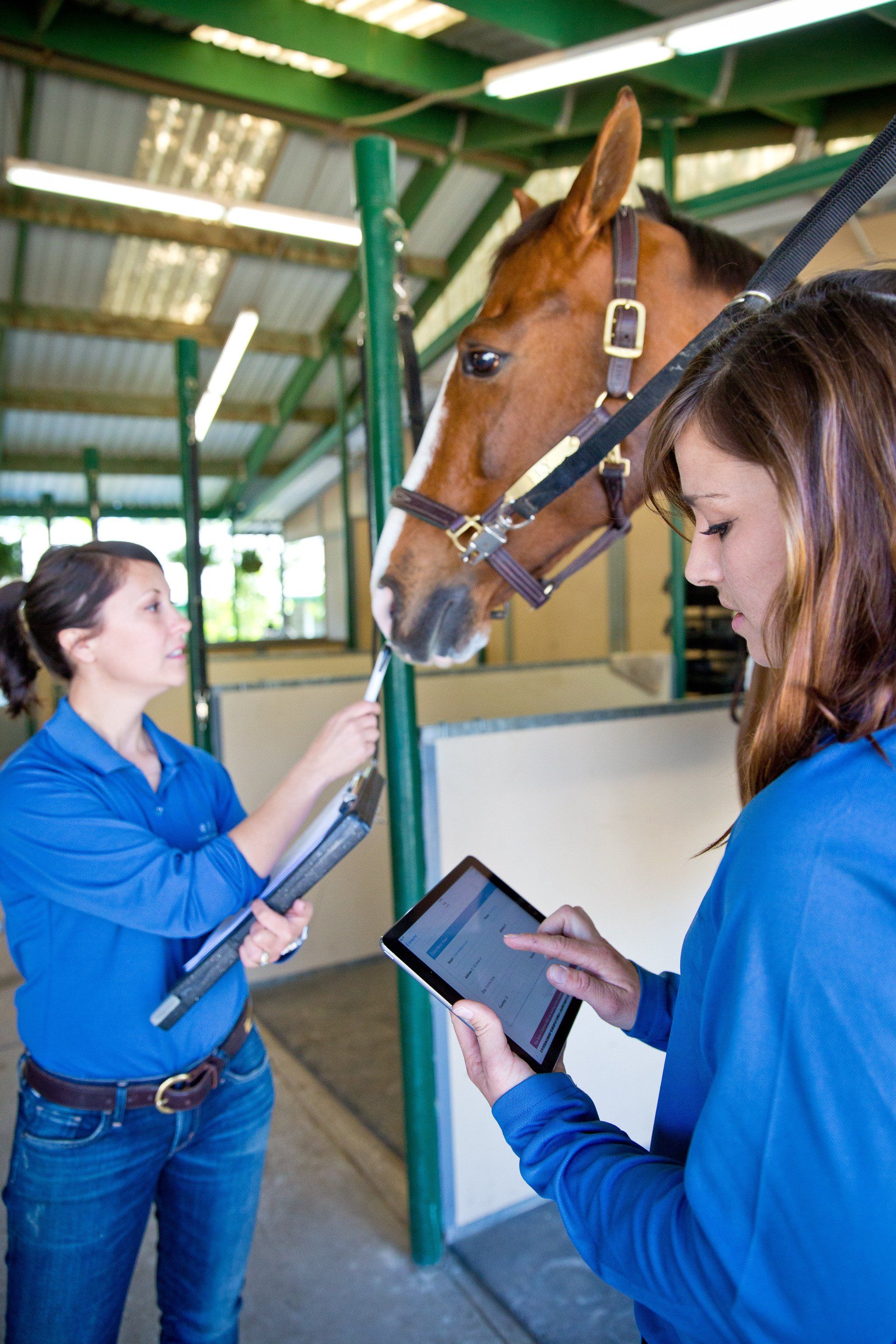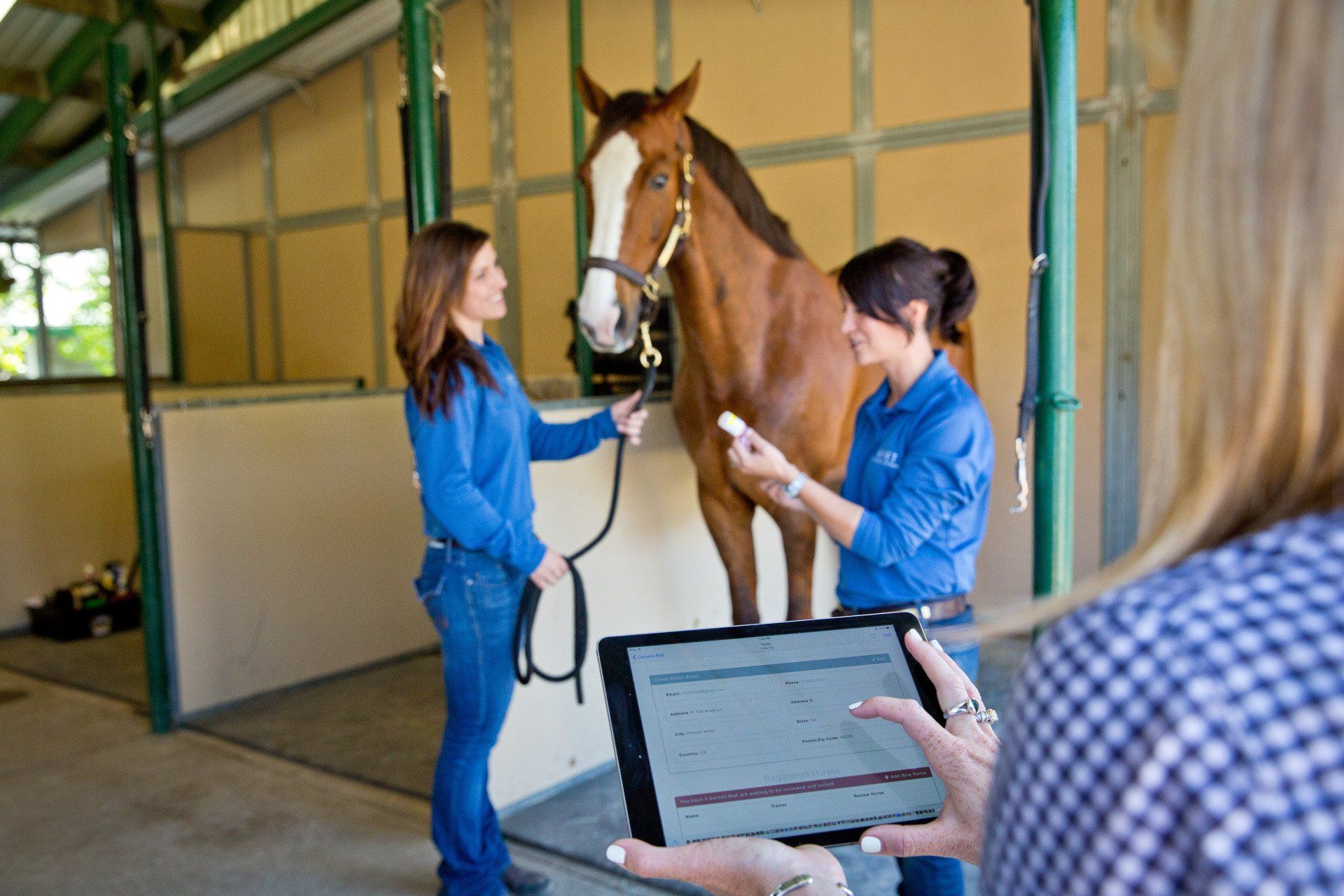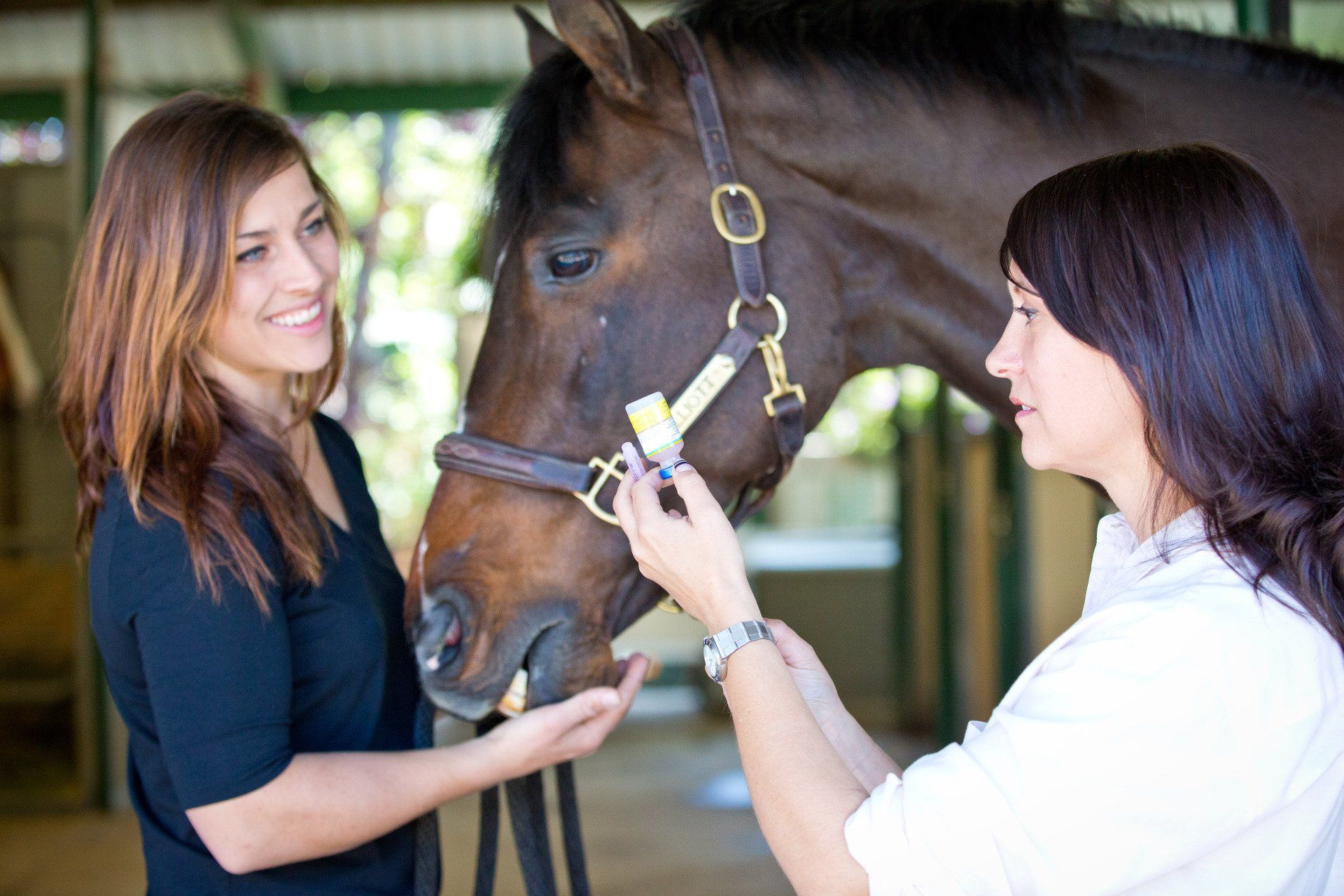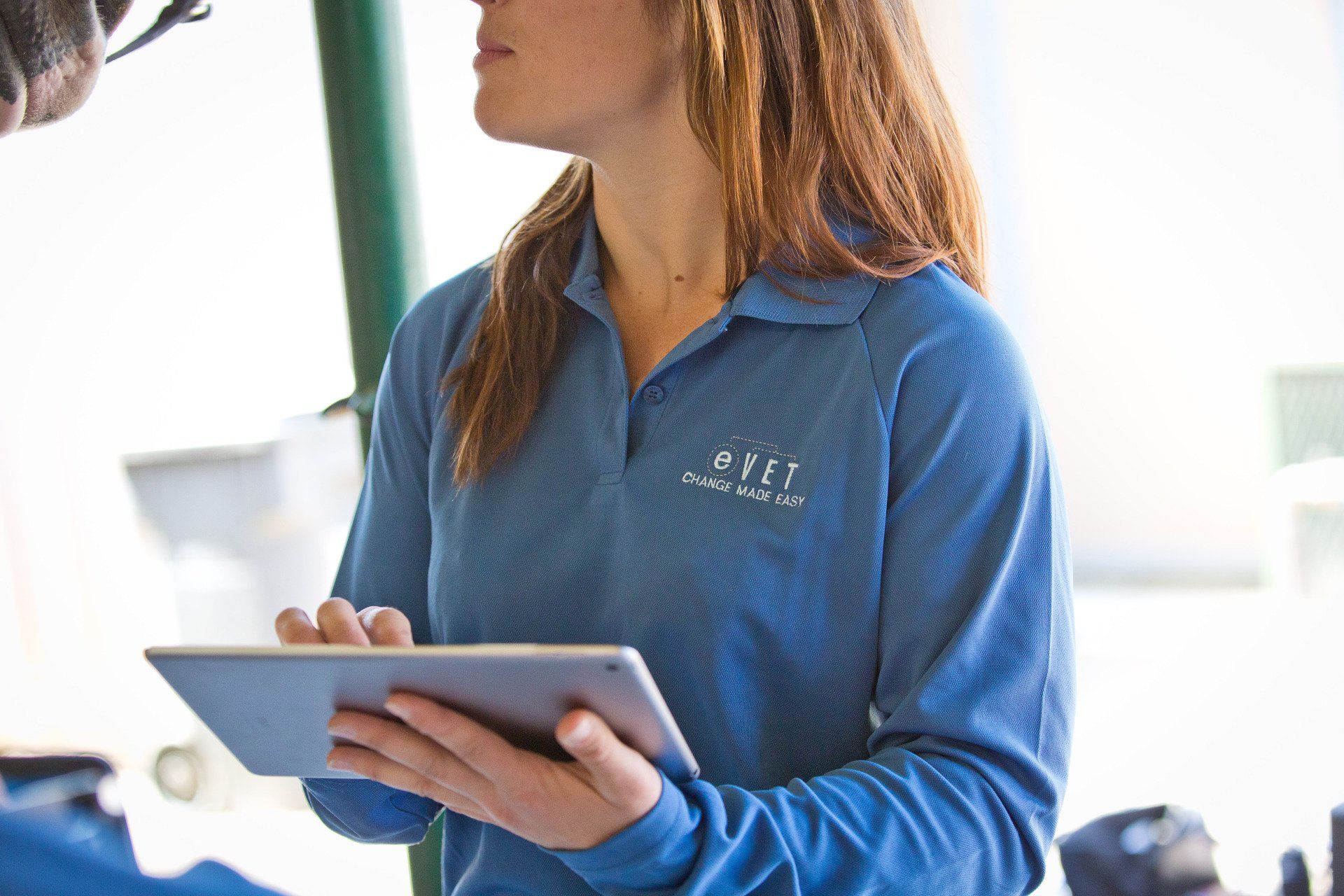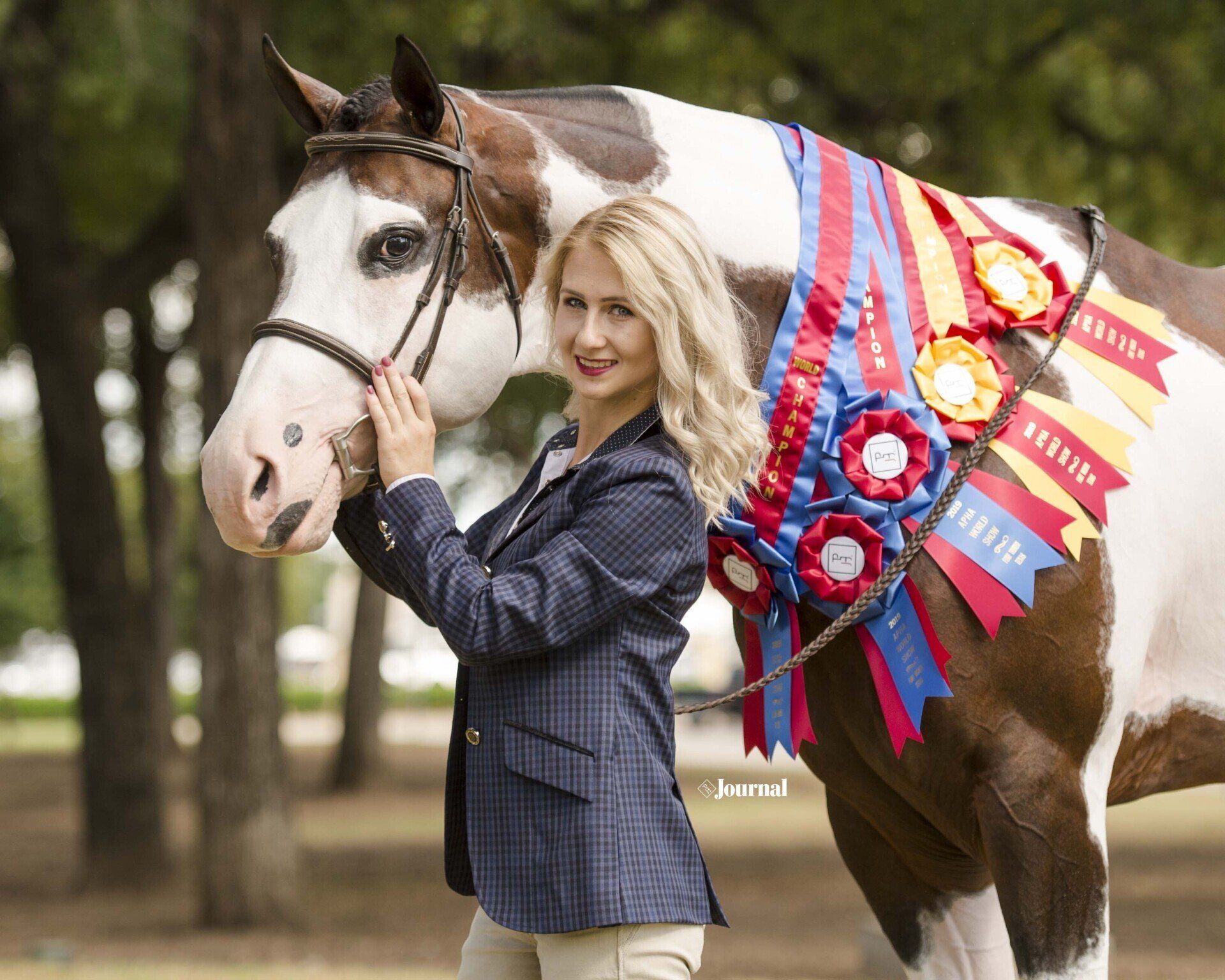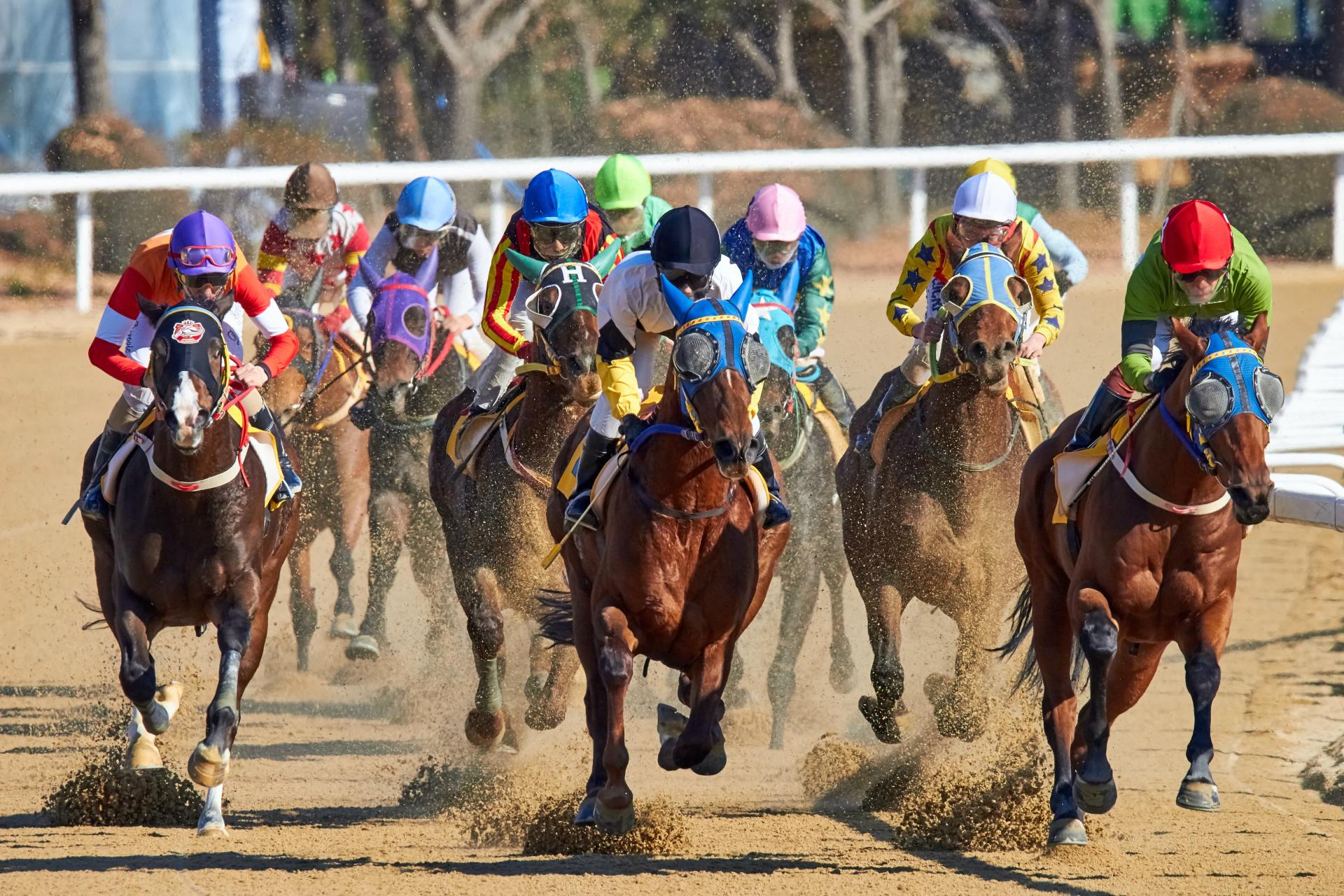Blog Layout
Why Do We Use Vaccines?
Dr Melanie Barham • Sep 02, 2020
Guest blogger: Dr. Melanie Barham
I bet that headline caught your attention, especially written by a veterinarian! Just because I love science doesn’t mean I don’t ask questions about “obvious” topics. Well, you might be surprised by what you read below: we’re going to take a trip through history, some science, and then back to present day to look at vaccines and answer the question: “Why do we use vaccines?”
What in the world is a vaccine?
I love sharing this information with my undergrad students because I love history, and medicine, so combining both is just nirvana! Variolation are vaccine’s early cousins, and involved injecting or putting small amounts of infective materials into non-infected people. Variolation was pioneered by a female Buddhist nun in China in 1020 A.D. The first vaccines on the other hand were first pioneered by Edward Jenner, a UK physician. He noticed that women who milked cows and contracted cowpox didn’t get smallpox. So, he took some pus from a cowpox sufferer and injected it into his gardener’s child. Then he exposed the child to smallpox (!) Voila, smallpox vaccine was well on its way. More on this in this TED talk. Looking back on this story, I’m simultaneously amazed at the innovation and disappointed with the lack of ethics. Thank goodness things have changed since then. Nowadays, companies have to undergo extensive development, testing and clinical trials prior to ever going to market. A good case example is the coronavirus vaccine currently in development. One reason the vaccine is taking so long is because of the stringent safety requirements.
But how do vaccines even work?
It’s true, the body’s immune system is pretty amazing and magical. The vaccine, a non-infective version of the disease, when injected, causes the body’s immune cells to head over to the vaccine in the muscle, or on the mucosal surface (in the case of strangles or influenza vaccines, inside the nose). The immune cells look at the vaccine and determine that it does not belong, and the cells destroy it. The body keeps a library or memory of how the foreign substance looks, so that next time, it’s ready! If it comes across a particle that looks at all like the virus or bacteria in the vaccine, the body attacks with vigor. We booster the vaccines (give a second dose) so that the body sees the virus or bacteria twice and is really certain it will recognize the offending pathogen.
We booster regularly (annually for example) so that the body doesn’t forget what the virus or bacteria looks like. It basically hits refresh on the immune system’s browser and ensures it knows exactly how to kill the real virus or bacteria with nary a second thought.
Modern vaccines generally fall into a couple of categories:
- A piece of the pathogen that can’t recreate itself (e.g., a protein from the virus).
- The virus or bacteria in a killed version.
- A modified version of the virus or bacteria.
These science judo moves to make the pathogen weaker have to do two things:
- The vaccine has to be close enough to the original bacteria or virus that the body will mount an immune response to the real pathogen when it comes knocking.
- The vaccine version has to be different enough from the original bacteria or virus so it doesn’t cause the actual disease symptoms.
Sounds tricky right? That’s why vaccines take long time to develop, and why they are sometimes expensive. Vaccines are also re-vamped when needed to include new strains of the virus or bacteria to be better at protecting against the disease.
Why can’t we just not?
There are so many great opportunities for us to prevent disease at horse shows and at home. It’s my hope that one day, we’ll all be biosecurity experts, washing our hands and keeping horses incredibly safe wherever they go. However, even sectors of agriculture that house animals in air filtered facilitates where workers have to shower and change clothes on the way in and the way out still use vaccines extensively.
COVID-19 is a super example of why we have to use vaccines AND infection control. Even though we are all working as hard as we can to stop the spread of COVID-19, these bugs are smart, and they simply sneak by in the smallest of slip ups.
Additionally, there are many within our horse population that are young, very old, or have medical conditions that reduce their immune systems. Horses that are away from home at a show can also be immune suppressed (have you ever got sick after traveling on vacation?) These populations are more likely to get disease, so vaccines can help improve protection levels.
One way you can help your horse is to keep track of his vaccines, so you don’t have to booster him more than necessary. I can’t tell you how many times an owner has bought/leased/moved a horse and had to re-vaccinate them to work with vaccine rules. An app based system like eVet
is ideal for this.
I also advocate choosing vaccines with your veterinarian based on the risk your horse will encounter. Horses who stay home and never contact others have very different risk from horses on the show circuit.
So until we can all perfect the absolute way to stop all bugs from transferring between horses, people, mosquitoes and more, vaccines are here to stay.
What about horses who get vaccine reactions?
I remember how incredibly annoyed I was in vet school learning what every vet student has to: bodies don’t always follow the textbook. Some horses go above and beyond and mount an over the top immune response. However, the vast majority of horses benefit from vaccines, and their lives are saved from deadly diseases that do still devastate horse populations. In fact, in Canada and the US, veterinarians report adverse reactions to regulatory bodies that oversee the drug companies. We take our responsibility to report adverse reactions very seriously. If your horse does get vaccine reactions, building a customized plan with your veterinarian for protecting him from disease is your best course of action.
If you’re trying to talk to your clients, students, or staff about vaccines, here’s another nice TED Ed video
explaining how vaccines work.
Guest blogger bio:
Dr. Melanie Barham is an equine veterinarian, FEI veterinary delegate, entrepreneur, digital marketer and university instructor. With a background in eventing and performance horse practice in the US and Canada, Dr Barham currently dedicates her career efforts to the Ontario Animal Health Network, Global Veterinary Career Summit and strategic business consulting.
© 2024
All Rights Reserved | Electronic Vet, LLC | Website Design by GoBeRewarded

